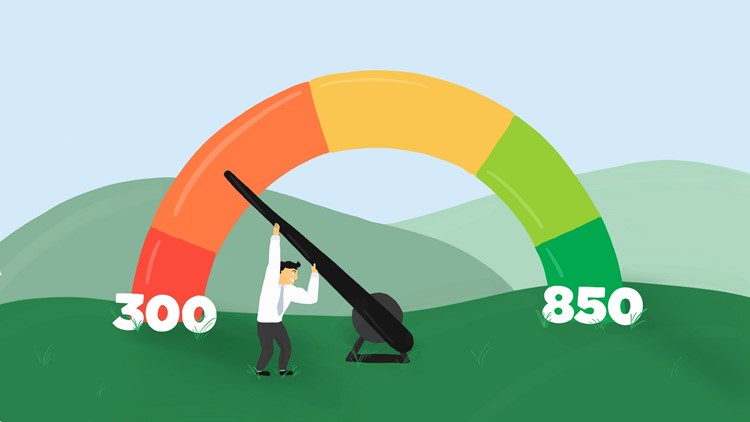NEW YORK (CNNMoney) — The average FICO credit score has hit a new milestone: 700.
That’s considered “good” credit — and it’s the highest average score since FICO began tracking 12 years ago.
Your credit score, which evaluates your credit worthiness on a scale of 300 (poor credit) to 850 (excellent credit), is a primary indicator for lenders evaluating how much credit to extend to you and on what terms.
There are obvious drivers of this upward movement, says Ethan Dornhelm, FICO’s vice president for scores and analytics.
“The relative strength of the economy, with low unemployment and rising home prices are helping those consumers who were struggling during the great recession to recover financially,” he says.
Since FICO began tracking in 2005, scores have always been in the “good credit” range, which spans from 670 to 739. Starting with an average score of 688 in October 2005, the scores fluctuated a bit during and immediately after the recession. But the average score has been steadily rising from 690 in October 2013.
But lenders can draw their own lines about what is considered “good” credit, although a higher number is always better.
The increasing average means more people’s scores are getting better, moving closer to the next category: “very good credit,” which kicks in at 740 on the FICO score. (Other score models, like VantageScore, will have different ranges.)
And consumers should take some of the credit, too.
“As consumers become more educated about the actions they can take to improve their score, we’re seeing the average score rise,” says Dornhelm.
In addition to the average going up, there are also more people on the very high end (800 plus) — super-prime borrowers — than there are on the very low end (600 or below), better known as sub-prime borrowers.
In the wake of the recession, many people acted in ways that may have hurt their credit score — making late payments, keeping large balances on their credit card and taking on more credit than they could handle. But increasingly, people are putting those credit problems in the rear view mirror, says Dornhelm.
“We believe that consumers are more aware of their credit reports and FICO scores than they used to be.”
And that can only help your score.



